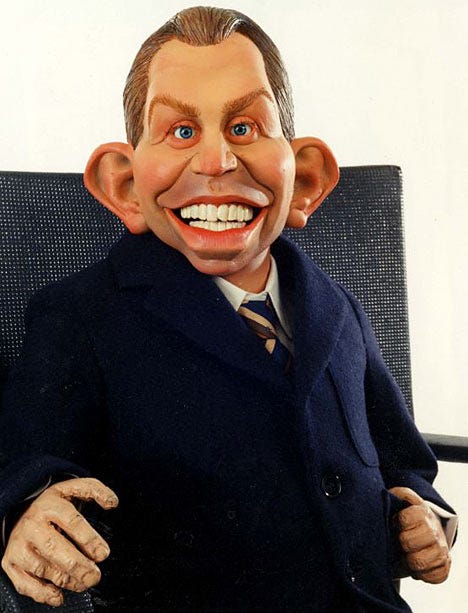Politically correct
Last week my parents handed me my polling card for an upcoming local election. I do, however, have a confession to make. In the last 10 years I have failed to cast a single vote in any government election. That may alarm you, but it is the truth, and a phenomenon which is becoming extremely widespread. As elections approach, politicians may intensify their campaigns to win over public opinion, but people are becoming more and more indifferent. Many feel that the link between their vote and public policy is tenuous at best. Furthermore, the link between public policy and their own sense of wellbeing is even vaguer. Voting, many may consider, is simply not worth the effort.
When Mahatma Gandhi visited England for the “Round Table Discussions”, his British hosts gave him an impressive tour of London — Westminster Abbey, Buckingham Palace, Big Ben, Whitehall, etc. At the end, they asked him “So, Gandhiji, what do you think of Western civilization?” Gandhi replied, “I think it would be a good idea!” In other words, it was not simply social and economic infrastructure that made one cultured and guaranteed wellbeing and prosperity for all. The real measure of a civilization is the character of the people and the ethos and aspirations of the society. In Vedic culture, the governors of society were guided by saints and sages who were uninvolved in matters of power, prestige and profit, and thus fully free to give unbiased advice for the benefit of all. There was respect and reverence for these spiritual guides, and their words of wisdom were considered invaluable in the universal quest for happiness and peace. Unfortunately, the modern political world seems starved of such spiritual direction. Scandals, irregularity and hypocrisy are rife, invariably causing suspicion and frustration amongst the electorate.
Having said that, I’m definitely not advocating political apathy. Politics and government is an extremely influential area which significantly impacts the world we live in. If we want to promote spirituality within society, significant change will have to come from political circles. While government candidates often express some kind of God consciousness, it’s often no more than political choreography in the quest for votes. Something more substantial is needed. While trends towards secularism seem powerful, there is a simultaneous recognition in the corporate, educational and political world of the need for genuine spirituality free from the stains of dogmatism, fanaticism and sectarianism. Let’s hope that politicians will embrace the opportunity to consult genuine spiritualists who can inject some eternal perspectives into the equation. Undoubtedly, this would be the politically correct thing to do.


